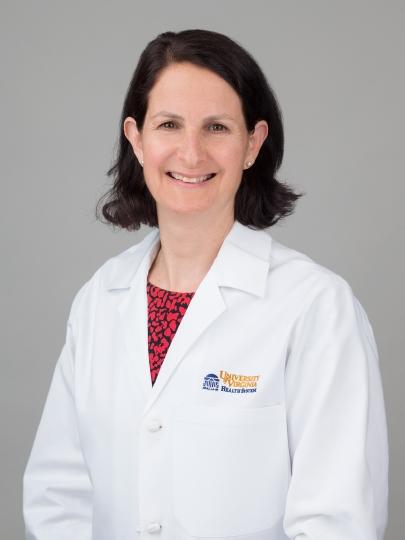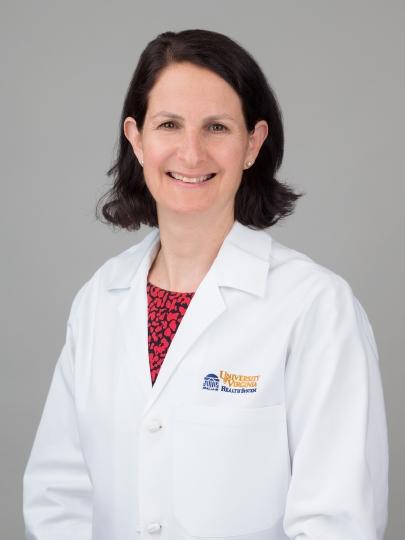
Credit: UVA Health System
An unusual autoimmune disease that causes skin and lung damage can be treated effectively by stem cell transplant, a new study in the New England Journal of Medicine has found. The approach could represent the first new treatment to improve survival in patients with severe scleroderma in more than four decades.
The experimental procedure uses chemotherapy and radiation to destroy the body's malfunctioning immune system, then replaces it via a stem-cell transplant. The stem cells are taken from the patient's own blood and given back to the patient after the chemotherapy.
In a multisite clinical trial, the approach proved more successful than the existing treatment, significantly improving survival and reported quality of life. "This is a major advance in the treatment of severe scleroderma," said Karen Ballen, MD, a co-investigator on the study and the director of stem cell transplantation at the University of Virginia Cancer Center.
Scleroderma Study
The study compared the most effective existing treatment, the drug cyclophosphamide, with the new approach. Thirty-four trial participants received cyclophosphamide, while 33 received the stem cell transplant treatment. After 72 months, 86 percent of those who received the stem-cell transplant remained alive, compared with only 51 percent of those who received infusions of cyclophosphamide.
In the New England Journal of Medicine paper detailing their findings, the researchers conclude: "At four and a half years of follow up, participants who received a transplant experienced significantly better outcomes overall than those who received cyclophosphamide. In addition, 44 percent of participants who received cyclophosphamide had begun taking anti-rheumatic drugs for progression of their scleroderma, compared to only 9 percent of those who received a transplant."
Both treatment options carried risks of infections and low blood-cell counts, the researchers reported. The overall infection rates were similar.
All participants had severe scleroderma that affected their lungs or kidneys. The researchers noted that their study had limitations that suggest the findings may not apply to all patients with scleroderma.
###
Scleroderma Findings Published
The researchers have published their findings in the New England Journal of Medicine. The study was led by Keith Sullivan, MD, of Duke University.
The research was supported by the National Institutes of Health's National Institute of Allergy and Infectious Diseases, grants N01-AI05419, HHSN272201100025C, N01-AI25481, HHSN272200900057C and 1UMZAI117870.
To learn more about scleroderma, visit https://uvahealth.com/services/dermatology/skin-conditions/scleroderma. To keep up with the latest medical research news from UVA, subscribe to the Making of Medicine blog at http://makingofmedicine.virginia.edu.
Media Contact
Josh Barney
[email protected]
434-906-8864
http://www.healthsystem.virginia.edu/home.html
Related Journal Article
http://dx.doi.org/10.1056/NEJMoa1703327





